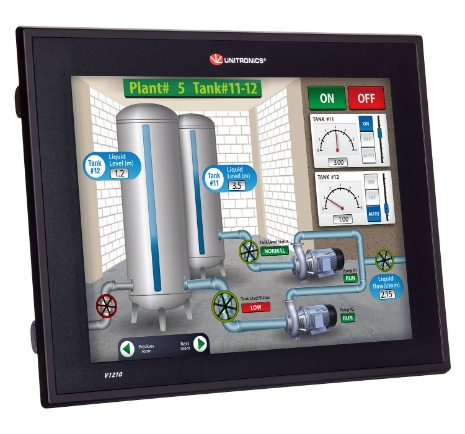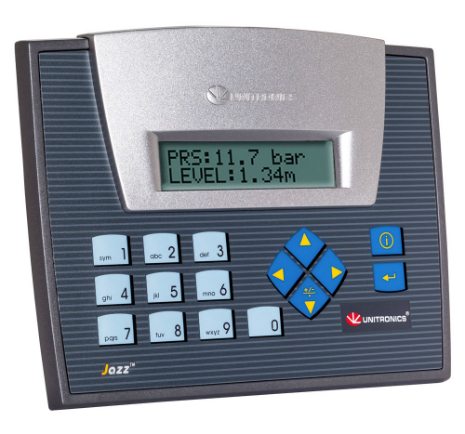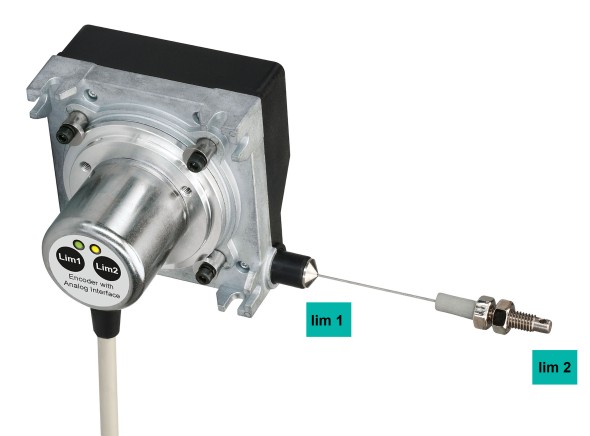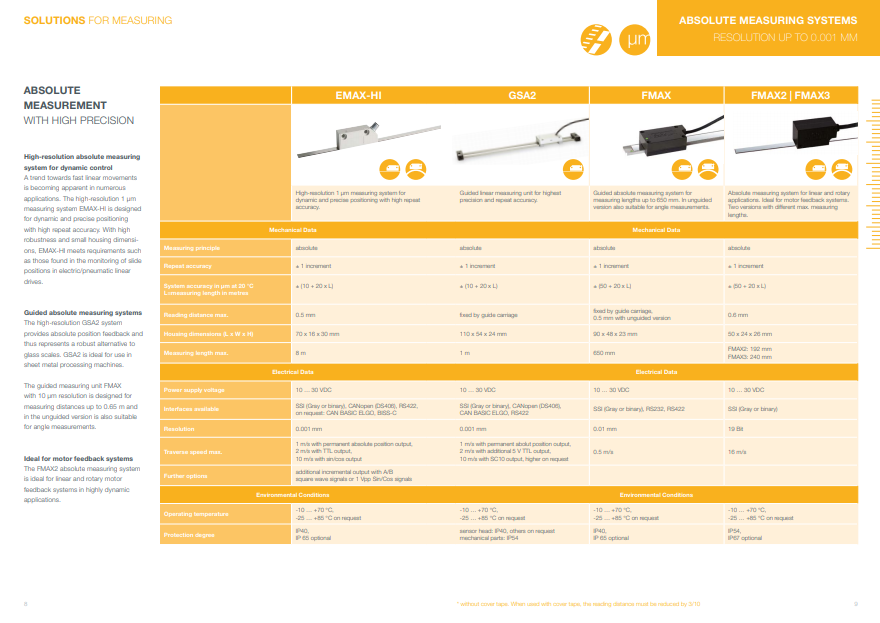If you are wanting to know how to install a PLC with remote monitoring and control in a remote location, a story from a team from the University of Johannesburg’s School of Engineering worked on a project to achieve this and eradicate the ‘give and forget mentality’ with community service projects and philanthropic projects.
Summary
A team from the University of Johannesburg’s School of Engineering worked on a service project to bring clean drinking to a remote village. They believed that by implementing automation and remote monitoring technology they could prevent a “give and forget” effect, where service projects fall into disrepair after a few years. Using two programmable controllers (PLC+HMI units) of Unitronics, they were able to control a solar powered water pump, record data on the pumps performance and report the status of the pump via cellular communications. These versatile PLCs made it easy for the team at University of Johannesburg to ensure that the water pump continued operating at optimal levels long after the initial installation.
“Unitronics PLC+HMI all-in-one controllers enabled an important improvement to philanthropic endeavors” – Johan Meyer
The University of Johannesburg’s School of Engineering and the Built Environment strives to prepare students for their future careers and give them hands on engineering experience. Johan Meyer, an associate professor in the engineering department, and Rene Naidoo, an undergrad in her final year of an electrical and electronics engineering degree, set out to undertake a community service project, a common requirement at South Africa’s colleges and universities. Johan Meyer saw an opportunity to not only participate in this program, but also to solve a key problem with these service projects.
With many of these community service projects and philanthropic projects, there is a “give and forget” mentality. One-off donations are installed, but no one maintains or provides on-going support and maintenance; projects fall into disrepair and the recipients are either back to square one or they need to cover costly repairs out of pocket. Johan Meyer believed that integrated automated control and monitoring technology to his community service project, he could break the “give and forget” cycle.
The primary goal of the project was to bring clean drinking water using solar power to Gwakwani, a remote, rural village. The village’s water supply had been provided by a diesel powered pump over a decade old; however, the villagers needed to provide the diesel, leading to shortages due to cost and transportation concerns. To ensure a reliable energy source, and a reliable source of clean water, Meyer installed a solar powered borehole pumping system. The pump sits in a depression, connected to a storage tank at the top of the depression roughly 500 meters away. A second solar electricity supply was installed to power floodlights for security purposes and to create a charging station for the villagers’ cell phones.
The Creation Of A Remote Monitoring and Control System
Because Gwakwani has cellular coverage, Meyer and his team were able to create a remote monitoring and control system, to prevent the “give and forget” effect. Onsite the system is controlled by a Unitronics Jazz PLC controller, interfaced with pressure and flow sensors, which also controls the lights and charging station. Because the water tank was separated from the pump, it didn’t have its own power supply for a sensor to measure the water level directly. As a work around, the water level is estimated by measuring the feedline static water pressure and compensating for the elevation gain between the pump and the tank. A DC current sensor was installed to measure the current between the solar panels and the pump. In order to monitor the status of the power supply to the PLC itself, the sensors measure the battery voltage, the battery temperature and the AC output current of the main inverter.
To make sense of all the information collected by the Jazz PLC, the PLC, configured as a Modbus slave, transmits the data using a radio modem to a radio to cellular interface station. Once the data is converted to a signal on the cellular network, it is transmitted to a second PLC, configured as a Modbus master, via a GSM modem. This PLC, a Unitronics Vision1210, is installed at the University of Johannesburg, where it displays the status of the pump, power supply and tank.
Trend analysis of water pressure over time allows Meyer to create models to determine the village’s water usage over time. The Vision1210 also tracks water flow rate as a function of solar pump current, which allows the team to monitor the pump health and detect any problems before the pump fails. Similarly, they monitor the battery voltage and temperature over time to ensure that the battery is not losing efficiency or in danger of overheating. All this data is displayed clearly on the integrated HMI panel.
This connectivity was vital to avoiding the “give and forget” effect. If any of them fall outside the normal operating range, the Vision1210 triggers an alarm to notify Meyer and his team. They can turn off aspects of the system, like the floodlights to preserve battery life, from the Vision1210 PLC controller or dispatch someone to perform necessary maintenance before a major problem or breakage occurs.
Unitronics PLC+HMI all-in-one controllers enabled an important improvement to philanthropic endeavors. The Jazz and Vision1210 have excellent communication options, particularly Modbus and GSM modems, allowing the pump and solar panels to be monitored and controlled remotely. The communication configuration, ladder logic and HMI design are all programmed in a single software environment. Unitronics also offer software utilities that make data trends and data export easy to configure and effortless to use. Furthermore Unitronics’ all-in-one PLCs are available in a broad range of sizes and configurations. The Jazz unit used for the onsite control is a small PLC with onboard I/O and a basic text display and keypad HMI, while the Vision1210 for remote monitoring has an integrated 12.1-inch color, touchscreen HMI.
Installing a PLC with remote monitoring and control in an area without electricity can ultimately be achieved.
Visit for more products supplied by Emolice






